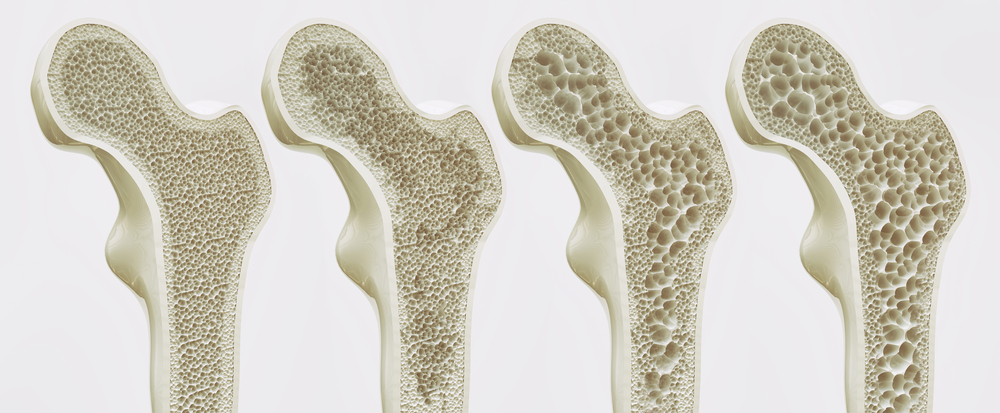This is the eighth blog in a new series that introduces the major systems in the human body. In this blog, we’ll cover the endocrine system.
The endocrine system uses hormones (chemical messengers) to control the body’s reproduction, metabolism, and energy level. The major endocrine organs include the pituitary gland, pineal gland, thyroid gland, parathyroid gland, and adrenal gland.
Major endocrine organs
The pituitary gland is also known as the master gland. It is divided into the anterior and posterior pituitary which release different hormones.
The pineal gland regulates circadian rhythms (24 hour cycles) by synthesizing melatonin. The release of melatonin earlier in the day can contribute to seasonal affective disorder. This is a type of depression that occurs due to a lack of light.
The thyroid gland is butterfly-shaped and sits below the larynx. It regulates metabolic rate and is involved in development, differentiation, and growth. Hypothyroidism (low levels of thyroid hormone production) causes dwarfing and intellectual disability if present at birth. Meanwhile, hyperthyroidism (high levels of thyroid hormone production) increases metabolic processes. Therefore, this causes body weight to diminish.
The 4 parathyroid glands are very small glands that increase calcium levels. However, they are not required to live.
The adrenal glands are triangular glands that sit on top of the kidneys. The outer portions are divided into 3 zones that produce different hormones. However, the innermost portion produces epinephrine, which plays an important role in the fight-or-flight response.
The Boom Health app allows users to book registered nurses, personal support workers, and personal care services, schedule transportation, order prepared meals, rent or purchase medical equipment, and get emergency assistance. Download the app from the App Store or Google Play Store.
This article is not intended to be a substitute for professional medical advice or diagnosis. Always seek the advice of your physician or another qualified health provider with any questions you may have regarding a medical condition.





